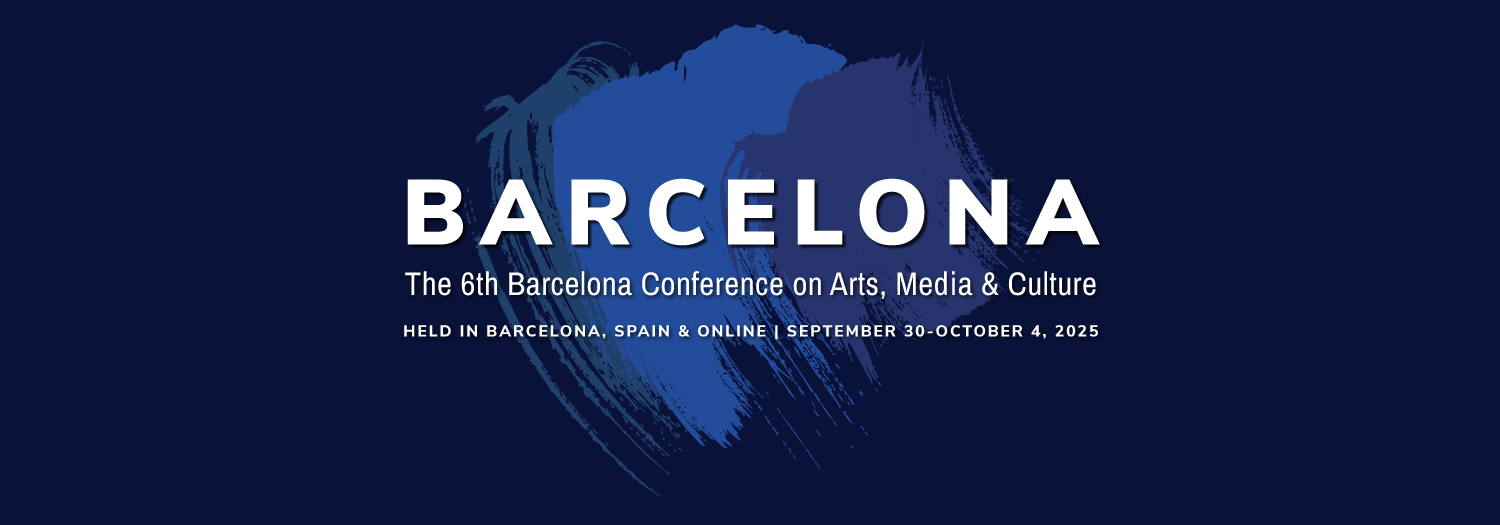Relevance of Using Computer Models of Solids in First Geometrical Lessons: Study of Perception of Virtual 3D Shapes for Children (87951)
Session: On Demand
Room: Virtual Poster Presentation
Presentation Type:Virtual Poster Presentation
With the development of technology, virtual representations of 3D shapes could be a possibility of learning support for 3D geometry (Bruce and Sinclair, 2014 ; Flores-Bascuñana et al., 2020) to simulate and replace physical models. However, only a few research compare effects of different learning supports in this domain (Claisse, 2020).
Perception ability is essential in the first geometry learnings (Fujita et al., 2020). Children from 4 to 6 years old faced some difficulties about perception of 3D objects virtual representations and few information are available about oldest children (Krylova and Vodyaha, 2022). Improving the understanding of this ability can so contribute to reflexion about the relevance of using this support in first geometrical lessons.
The aim of the study is to investigate if children between 6 and 9 years old are able to correctly perceive virtual representation of 3D geometrical shapes (cube, cylinder…). The experiment is an individual interview in which children (N = 124) presented with virtual representations of 3D shapes (that can be manipulated on a touchpad or that can only be observed by mean of a video) and must recognize the represented shapes among several proposals.
Results indicate that majority of children are able to adequately perceive several virtual 3D shapes, especially when it can be manipulated, but perception of 3D virtual shapes appears unsystematic and difficulties are observed about perception of some 3D shapes (ex. triangular prism). It calls for prudence regarding the use of virtual 3D shapes during learning of 3D geometry
Authors:
Romain Beauset, University of Mons, Belgium
Clarisse Lequeu, University of Mons, Belgium
Natacha Duroisin, University of Mons, Belgium
About the Presenter(s)
Romain Beauset, PhD student (Research fellow F.R.S.-FNRS grant), Education and Learning Sciences Department, University of Mons.
He is interested in children spatial cognition and spatial learnings in virtual and real environnent.
Connect on Linkedin
https://www.linkedin.com/in/romain-beauset-85066b1a4/
See this presentation on the full schedule – On Demand Schedule





Comments
Powered by WP LinkPress